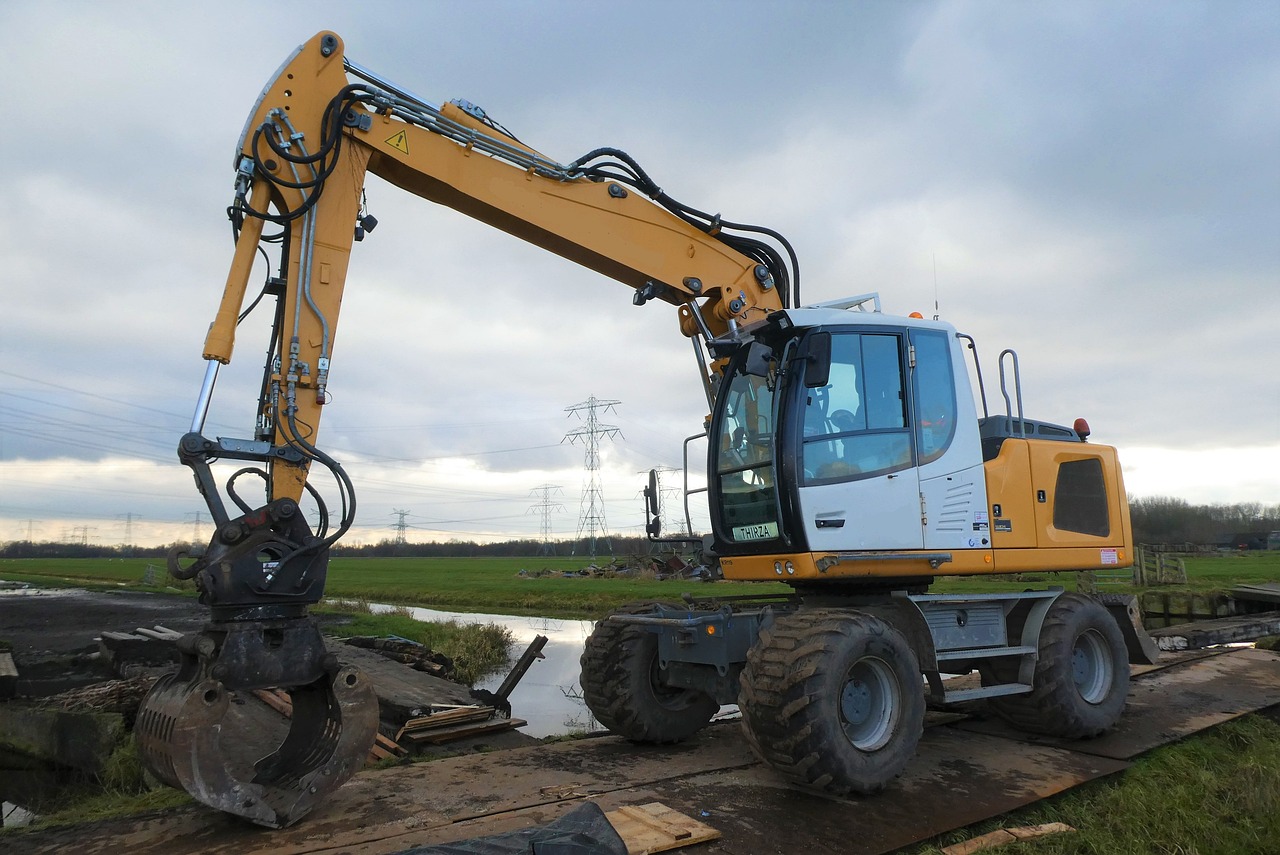Robotics in Manufacturing: Improving Efficiency and Safety
The integration of robotics in modern manufacturing processes has revolutionized the industry, pushing the boundaries of efficiency and precision. Robotics play a pivotal role in streamlining production lines and carrying out repetitive tasks with unparalleled accuracy, resulting in increased productivity and reduced operational costs. With advancements in robotic technology, manufacturers can now automate complex procedures that were once reliant on manual labor, leading to enhanced quality control and faster turnaround times.
By harnessing the power of robotics, manufacturers are able to optimize their operations and adapt to evolving market demands more swiftly than ever before. The versatility of robotic systems allows for flexible production processes, enabling companies to customize products efficiently and respond promptly to changing consumer preferences. As the capabilities of robotics continue to evolve, manufacturers are increasingly leveraging these technologies to stay competitive in a rapidly changing landscape, paving the way for a new era of innovation in modern manufacturing.
– Robotics revolutionizing modern manufacturing processes
– Streamlining production lines and increasing efficiency
– Automation of complex procedures leading to enhanced quality control
– Versatility of robotic systems allowing for flexible production processes
– Adapting to evolving market demands swiftly
– Leveraging robotics technologies to stay competitive in a rapidly changing landscape
Advancements in Robotic Technology
One key advancement in robotic technology is the integration of Artificial Intelligence (AI) algorithms. These algorithms allow robots to learn from patterns and experiences, enhancing their adaptability and efficiency in various manufacturing processes. By leveraging AI, robots can continuously improve their decision-making capabilities, leading to enhanced productivity and quality control in manufacturing settings.
Additionally, the development of collaborative robots, or cobots, is revolutionizing the way humans and robots work together. Unlike traditional industrial robots that require safety cages to operate, cobots are designed to work alongside humans on the factory floor. This allows for a more flexible and dynamic production environment where humans and robots can complement each other’s strengths, leading to increased efficiency and safety in manufacturing operations.
Enhancing Production Processes with Robotics
Automation in manufacturing processes has significantly transformed the industry landscape. By integrating robotics into production lines, companies have been able to enhance efficiency and productivity. From assembly and packaging to material handling and quality control, robots are revolutionizing how goods are manufactured and distributed.
One key benefit of incorporating robotics is the ability to optimize workflows and streamline operations. Robots can perform repetitive tasks with precision and speed, reducing the risk of errors and increasing overall output. This not only boosts productivity but also ensures a consistent level of quality in the products being produced. The seamless integration of robotic technology into production processes is paving the way for a more cost-effective and sustainable future in manufacturing.
What is the role of robotics in modern manufacturing?
Robotics play a crucial role in modern manufacturing by automating repetitive tasks, improving efficiency, and increasing productivity.
What are some advancements in robotic technology?
Some advancements in robotic technology include the use of artificial intelligence, machine learning, and vision systems to improve robot capabilities and accuracy.
How can robotics enhance production processes?
Robotics can enhance production processes by streamlining operations, reducing errors, increasing output, and improving overall quality.
What are some industries that benefit from using robotics in production?
Industries such as automotive, electronics, aerospace, and food processing benefit greatly from using robotics in their production processes.
How can companies incorporate robotics into their manufacturing operations?
Companies can incorporate robotics into their manufacturing operations by investing in robotic systems, training their workforce on how to operate and maintain the robots, and integrating robots into their existing production lines.





